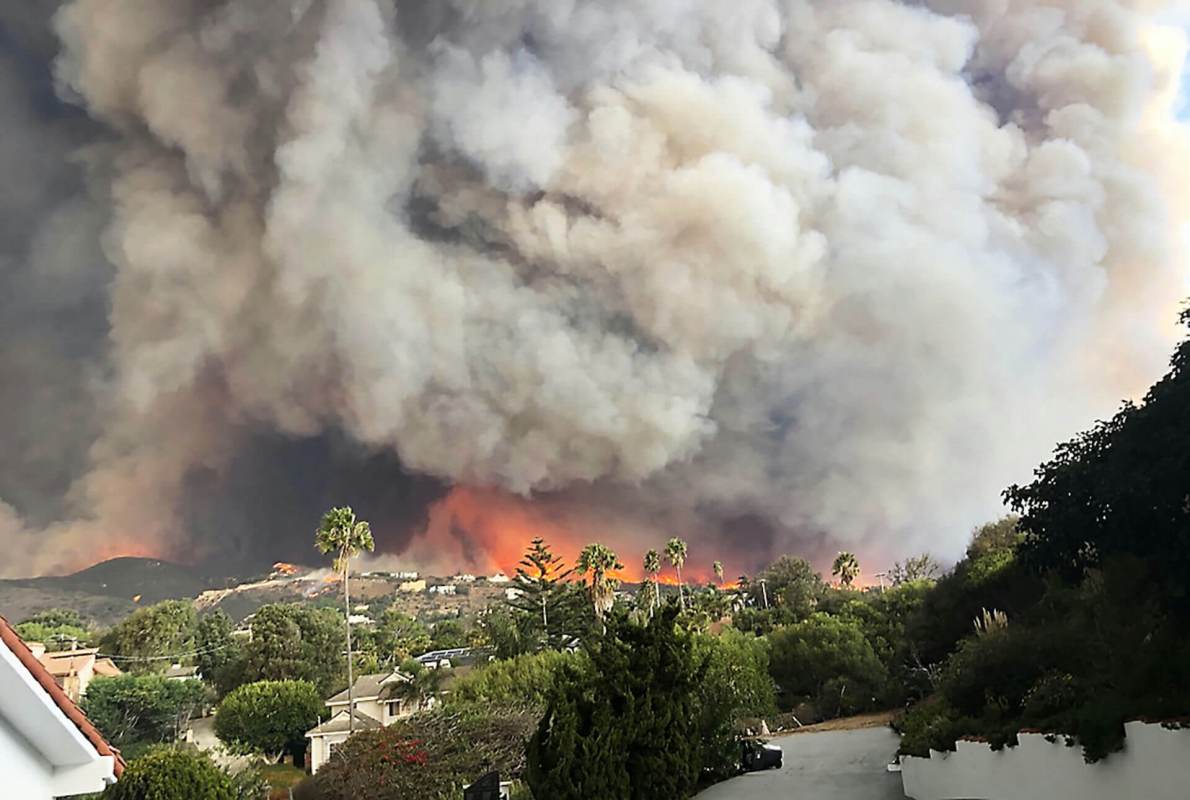Earth's rapid overheating is no longer a distant possibility — it's a reality that's inching closer and closer to our own backyards and daily lives.
While everywhere in the United States is affected, a new report from CNN has outlined which areas are at high risk for certain climate-related impacts.
What's happening?
CNN's report outlined the key takeaways from the Fifth National Climate Assessment, which is a congressionally mandated report released about every five years. The report compiles data from around the world and compares key indicators such as temperature, precipitation, and economic impact.
And this year's report is mixed: It's not all bad news, but it's definitely concerning.
Overall, the primary finding is that every region of the country is facing an immediate threat from the effects of rising global temperatures in some form, but the specific dangers and effects vary by location.
Coastal states like California and Florida are at risk from rising sea levels; other regions, such as the Southwest, are dealing with the effects of severe drought.
Additionally, the report introduced an improvement in attribution science, which identifies how weather disasters are made more intense by rising temperatures.
For example, warmer oceans are causing hurricanes to grow stronger than ever, putting even inland states like Kentucky at risk of flash flooding. Similarly, hotter and drier climates are prolonging deadly forest fires like the ones that surged through Maui earlier this year.
Why is the report concerning?
The more severe a climate-related event, the more costly it is — for everyone. This year marked a new record for billion-dollar weather disasters in the U.S., which takes a toll on everything from the housing market to agriculture, livelihoods, and more. In fact, some property insurers are pulling out of high-risk states like Florida and others completely.
"Climate change is affecting every aspect of our lives," Katharine Hayhoe, a climate scientist at Texas Tech University and contributor to the report, told CNN.
The good news is that carbon pollution levels in the United States are declining, but unfortunately, they need to decline even faster to reach our goals and keep the worst effects from unfolding.
What's being done with these findings?
With improved attribution science, researchers can work to build better predictive models of severe weather events, helping to mitigate risk and keep people safe. Additionally, having a data-driven understanding of climate impacts allows for more accurate goal-setting on a national and international level.
Overall, the more we can monitor and publicize the effects of Earth's rising temperatures, the stronger our arguments for reaching our targets will be — and with luck, the next National Climate Assessment will have better news for the entire planet.
Join our free newsletter for weekly updates on the coolest innovations improving our lives and saving our planet.









